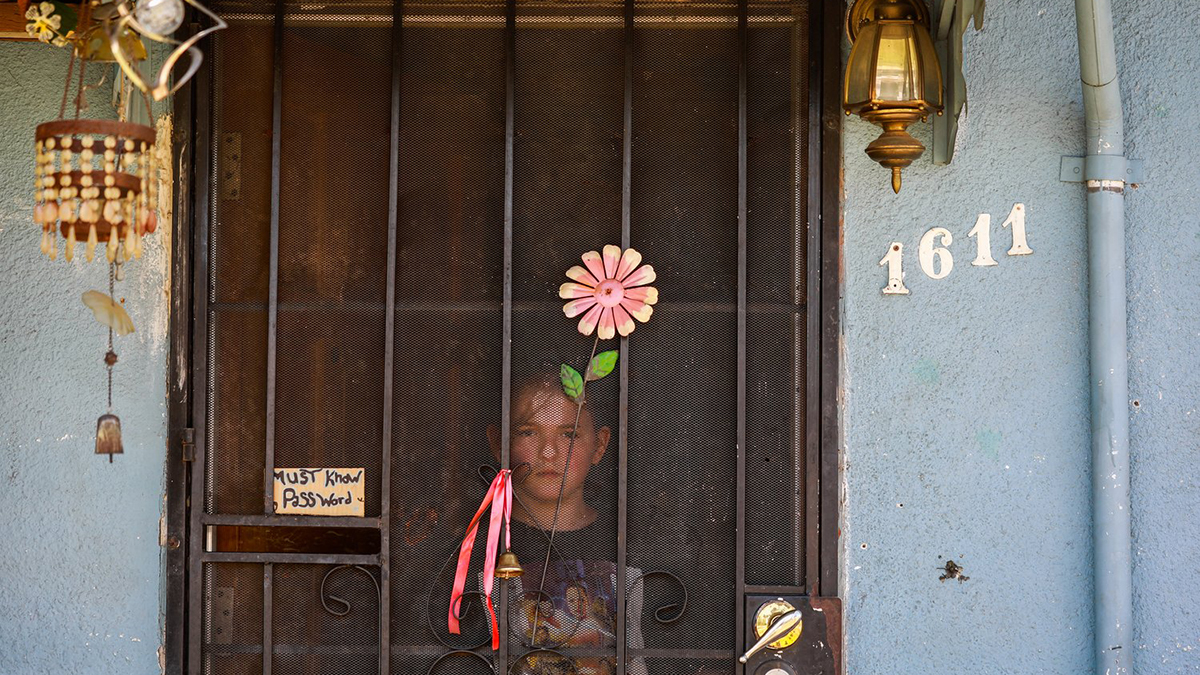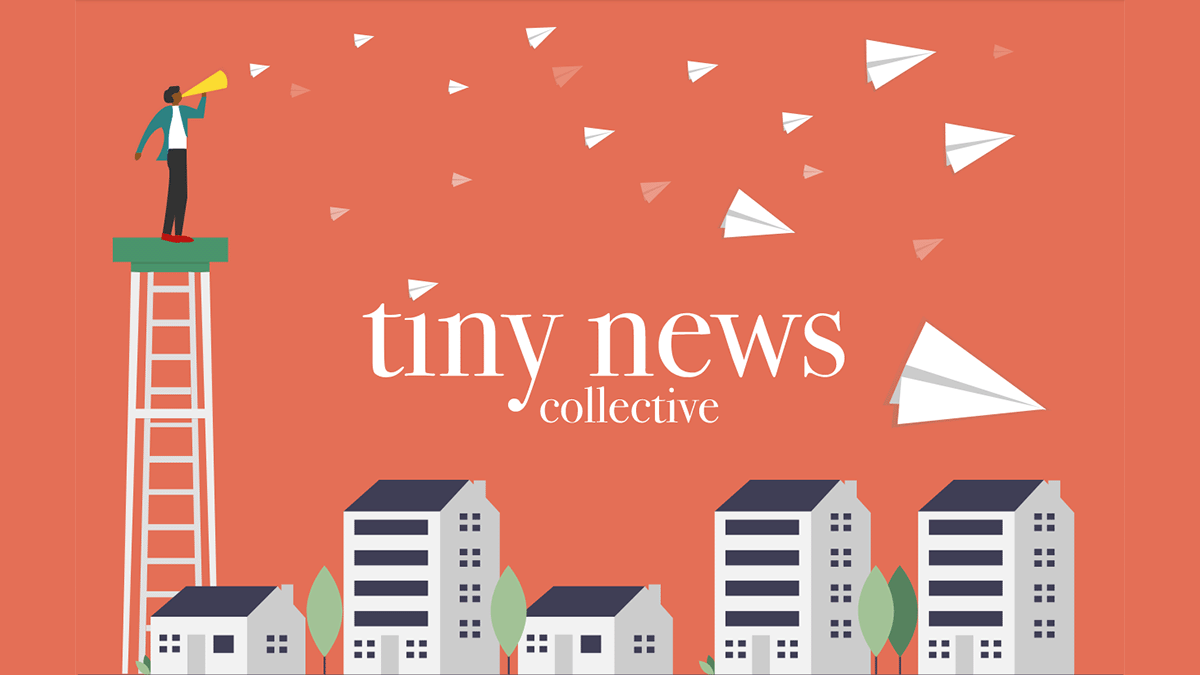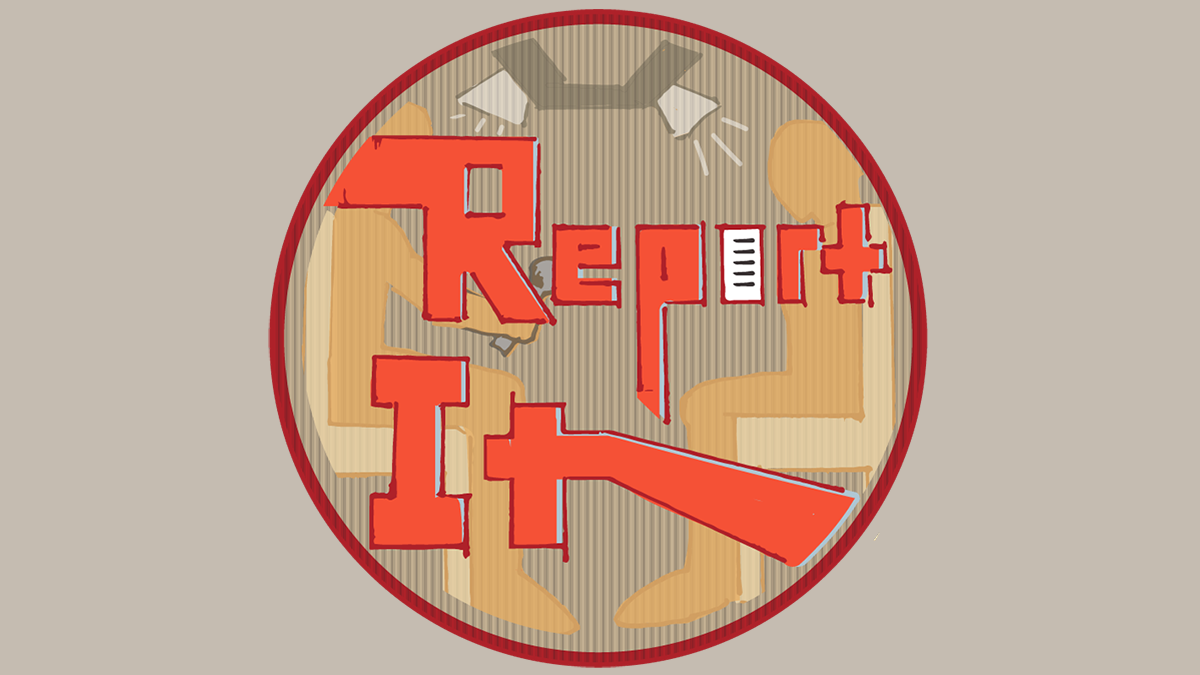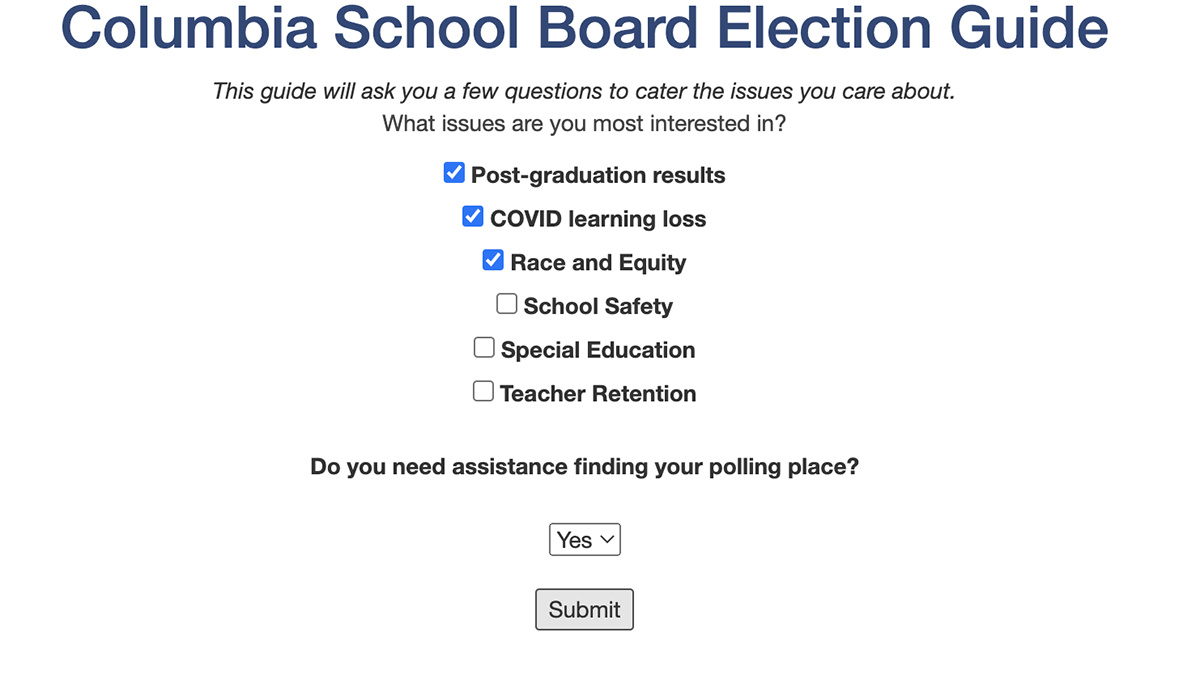
RJI news
Journalism innovation often skips the necessary because of a failure of perspective
Grid News and Punchbowl News. Two new national newsrooms launched during the pandemic. Both claim to be different takes on how to reinvent journalism in the U.S. But beyond being well resourced, it’s not yet clear how either of these newsrooms will be more innovative than their predecessors beyond attrition.
Upward means planning for growth
New opportunities don’t just appear, they need to be curated and designed with a candidate in mind.
Build a news app to track local real estate development, with and for your readers
The Local Development Tracker Toolkit helps small newsrooms build a tool that serves their communities.
Acclaimed photojournalists coming to Reynolds Journalism Institute April 22-23 to discuss storytelling, claim POY honors
After announcing the winners of this year’s Pictures of the Year International (POY) competition in March, POY — in association with the Reynolds Journalism Institute (RJI) — is hosting an awards weekend April 22-23.
News outlets and social media provide an avalanche of information during a crisis
How do you sift out the accurate from the inaccurate?
Reframing politics coverage to promote healthier democracy
Tony Marcano explains how LAist and KPCC are reframing coverage to better serve their community.
RJI announces funding for three of this year’s Tiny News Collective founding newsrooms
In partnership with the Tiny News Collective, which supports the development of collaborative community newsrooms, The Reynolds Journalism Institute (RJI) at the Missouri School of Journalism today announced the three startup news organizations it is supporting through a total of $300,000 in funding over two years.
A Girl Scout patch: Exploring and building trust in journalism
Sarah Roelke, a 13 year old Girl Scout, built the Report It! patch program which follows a series of activities highlighting women in journalism, their accomplishments and exercises to demystify the profession.
Methods for innovative elections coverage
Interactivity, conscientiousness can change elections guides.
A toolkit for newsrooms to better serve the disability community
A starting point for journalists that is a living document open for comments from the community.









